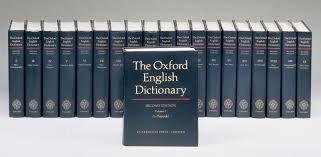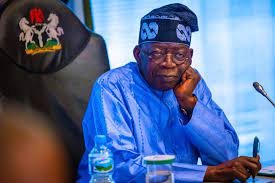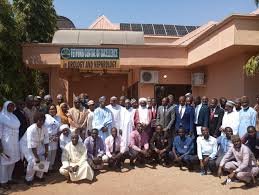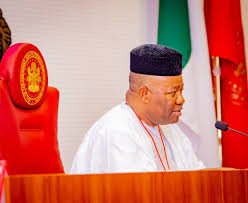NOT LESS than twenty local Nigerian words have been included in the latest edition and update of the Oxford Advanced Learner’s Dictionary (OALD), reflecting Nigerians’ vibrant culture, creativity, and everyday life.
These additions encompass parlance, pidgin words, street slang, and cultural expressions, marking a significant milestone in the global recognition of Nigerian English.
Among the newly included words are Japa (to flee or escape), 419 (a term for fraud schemes), agbero (bus conductor or tout), suya (spiced meat skewer), area boy (street hustler), and Naija (a colloquial name for Nigeria). These terms, deeply rooted in the socio-cultural fabric of the nation, showcase how Nigerian English continues to shape global conversations about language and culture.
The inclusion of these words highlights Nigeria’s linguistic diversity and the growing influence of Pidgin English, a blend of English and local languages widely spoken across the country. For example, Japa, which has recently gained prominence due to Nigeria’s increasing migration trends, functions as a noun and a verb, reflecting the dynamic nature of Nigerian expressions.
Similarly, words like Yahoo boy (Internet fraudster) and 419 capture the socio-economic realities of the country, while terms such as eba (a staple food made from cassava) and suya celebrate Nigeria’s culinary heritage. This linguistic recognition amplifies Nigeria’s cultural footprint on the global stage.
The Oxford Advanced Learner’s Dictionary, first published in 1948, is renowned for its role in supporting English language learners globally. It is updated regularly to reflect the evolving nature of language, embracing regional varieties and cultural expressions.
The inclusion of Nigerian words aligns with Oxford’s commitment to documenting diverse forms of English and acknowledging their impact on modern usage.
The Explainer learned that these updates were made possible through the efforts of language consultants, including Nigerian linguist Kingsley Ugwuanyi, who played a pivotal role in drafting definitions and providing pronunciations.
Sharing his excitement on LinkedIn, a professional social space, Ugwuanyi noted that this milestone is the result of years of hard work and dedication.
“It beautifully reflects Nigeria’s culture, creativity, and the unique ways we express ourselves as Nigerians.”
This is not the first time Nigerian words have gained recognition in the Oxford Dictionary.
In 2020, the Oxford English Dictionary (OED) added 29 Nigerian words, including danfo (minibus), okada (commercial motorcycle), mama put (local food vendor), and next tomorrow (day after tomorrow). These additions marked the first major inclusion of Nigerian English since the dictionary’s inception in 1884.
As of now, the OED features over 57 Nigerian words, cementing the country’s contribution to the global English lexicon.
According to Oxford, many of these words were borrowings or coinages from the 1970s and 1980s, influenced by Nigeria’s socio-political and cultural dynamics.
The recognition of Nigerian English in global linguistic circles underscores the importance of preserving and celebrating local dialects and expressions. It serves as a validation of Nigeria’s rich linguistic heritage, countering perceptions of its English as “non-standard.”
Furthermore, it highlights the power of language as a cultural bridge. Words like Japa and Naija not only reflect Nigeria’s realities but also resonate with broader global themes of migration, identity, and resilience.






















